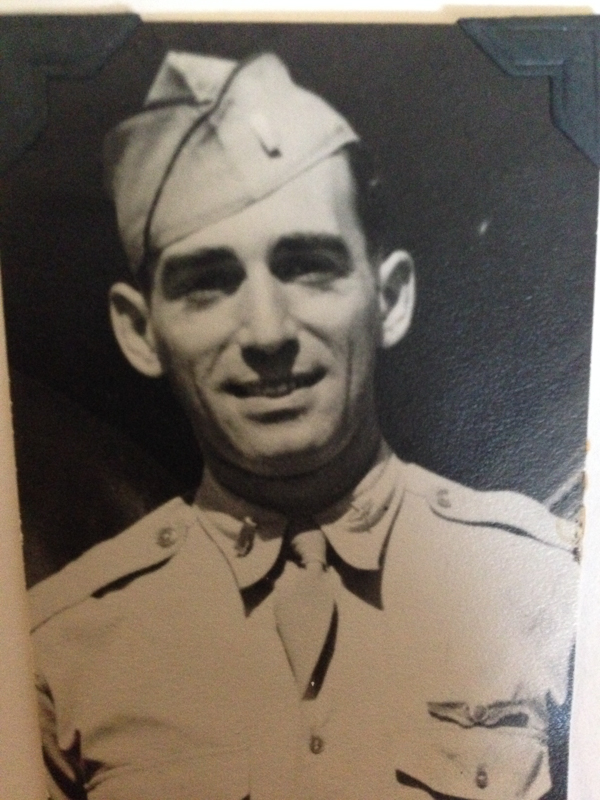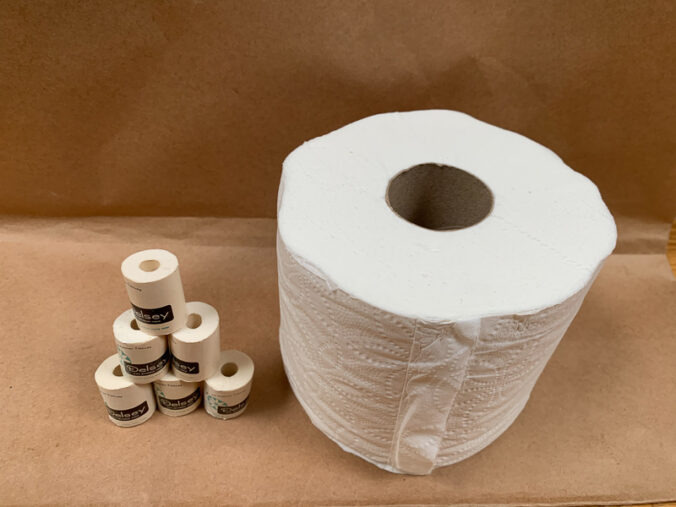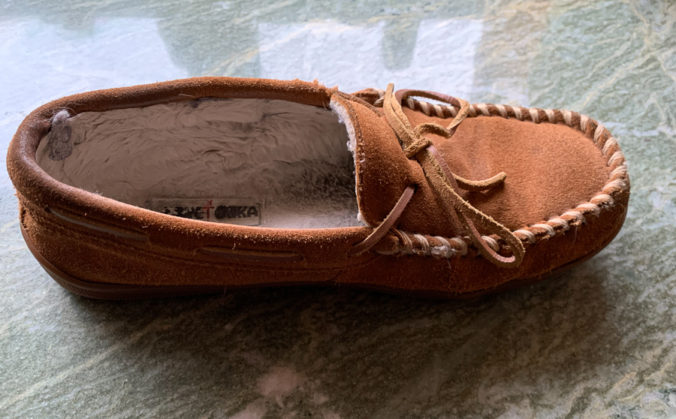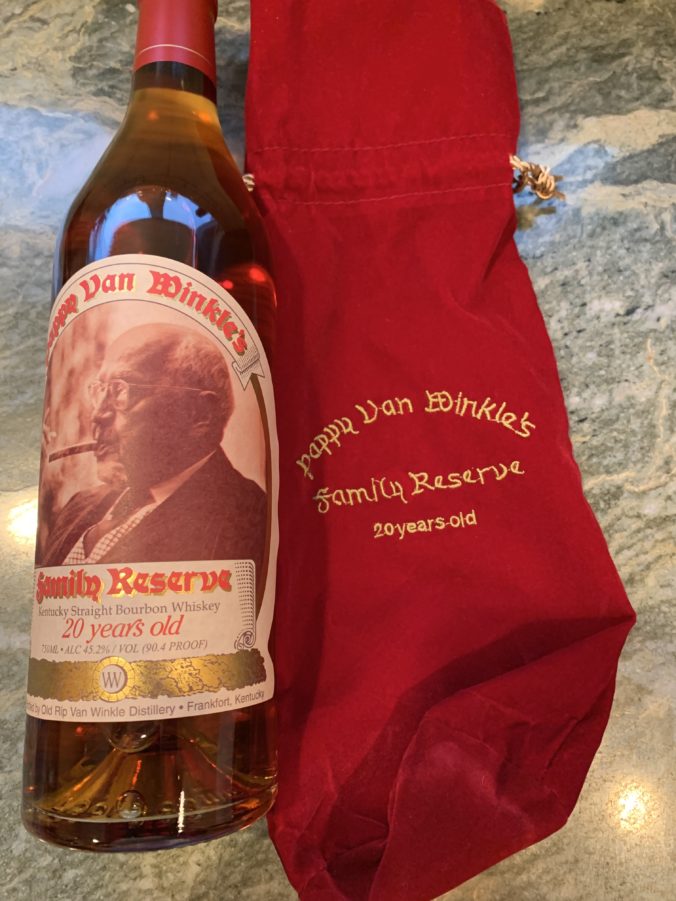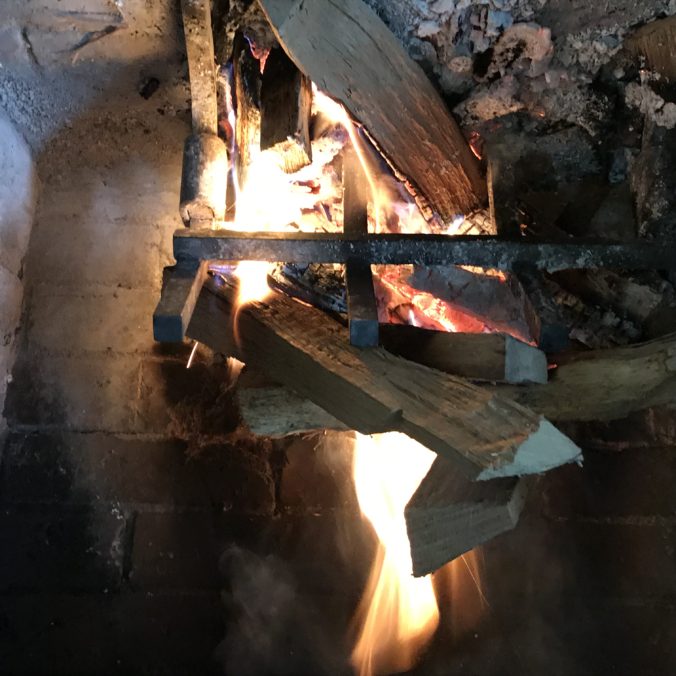Make no mistake about it, we are at war, a war that is affecting the population of our entire planet. A war being fought against an invisible enemy, an enemy that can subvert our family, our closest friends and our neighbors and turn them into our greatest foes.
I am 65 years old, and this is my first war. I came close to being drafted for the Vietnam War, and I remember the fear I felt and the tension in my body as the days wound down to the day the Selective Service System, also known as the draft board, would be assigning me a draft number. Thankfully, the draft ended, and I did not have to serve. I cannot avoid serving in this war. My goal is to do so with honor and integrity.
My dad fought in WW2. He was a member of the greatest generation, volunteering to serve in the Air Force. During the war he performed Herculean acts, all the while knowing his life was at risk every hour of every day for months on end. It took mental toughness, the support of comrades and family, and, yes, a splash of alcohol to survive.
My dad was a flight engineer with the 73rd Bomb Wing. He was part of one of many B-29 squadrons stationed on Saipan, one of the Mariana Islands. He participated in more than 30 bombing missions over Japan, including the dreadful firebombings, which turned the tide of the war in the Pacific.
For a portion of the war, he had it pretty easy, acting as a training instructor in Florida. His worst injury during that time, a broken foot, occurred while playing handball. The remaining portion of the war, when he was stationed on Saipan, was hell for him.
Throughout the years following WW2, he suffered in silence, never really discussing the war or his actions during it, though on numerous occasions he would tell us that he consumed lots of alcohol to numb his senses. When he did discuss it, he usually glossed over the details.
In the late 90s, when he and my mom attended a reunion of the men who fought with the 73rd, some of his heroic acts came to light. Many men from his crew told stories about my dad, how he was a hero, and that without him, none of them would have survived the war. My dad never told us the full extent of the danger they experienced daily, though he did laugh and say, “I used to sit on my flack jacket while we were flying to protect my testicles from the shots from below,” an act I was very happy to hear about.
To a man, his crew wanted to discuss one particular mission. It started like all the others did, as they flew from Saipan to Tokyo to drop their load of bombs. It ended much differently.
While over the Bay of Tokyo, his B-29 was hit, and it was hit hard. While it was still able to fly, the damage to the plane was extensive. It suffered instantaneous pressure loss, causing my dad’s eardrums to burst, which resulted in partial hearing loss for the rest of his life, though he had it easy when compared to the others of his crew who were either unconscious or dead.
The plane was a mess. Not all engines were operating. The rear gunner was partially sucked out of the plane, but was still stuck in what was left of his bubble. Smoke was everywhere.
A Japanese fighter was pursuing them, trying to finish them off. The crew took evasive action. They hit the deck, almost literally, dropping to about 100 feet above sea level. As they passed through 300 feet, the Japanese fighter stopped pursuing them, assuming they would splash into the Pacific.
My dad, as flight engineer, knew they would not be seen at 100 feet because they were below the radar floor, but he also knew they had bigger problems than losing the fighter because they were over 500 miles from Saipan without oxygen, flying slowly in thick, moist sea air. The likelihood of them having enough fuel to get back to base was practically nil.
As flight engineer, he knew all the specifications of the plane, and his job was to use every trick he could think of to save fuel and get them home. No one expected them to return. As the other planes in the squadron returned to Saipan, they reported that my dad’s plane was hit and most likely lost at sea.
Over four hours after the other planes returned, my dad’s plane limped to East Field in Saipan and ran out of gas as it reached the runway. Against all odds they made it back, knowing that they would have to do it all over again. His strength and courage during those times is inspirational to me.
I am not equipped to be on the front lines of this war, which is being fought in labs and hospitals and fire stations and police stations and grocery stores and farms and packing houses and other critical industries across the globe. Our scientists, doctors, nurses, police officers, firemen are our fighting force, but our clerks, truck drivers, meat packers, farmers, farm workers, delivery workers are also on the front lines.
At best, I can play a support role, sort of like those who bought war bonds in the 1940’s, doing what they could to further the war effort. Instead of building planes and other war devices, I need to do what I can to prevent the inadvertent spread of Covid-19. I need to make it as easy as possible for our current combatants to do their jobs, and I need to act in a way that protects their health.
Sadly, we need to fight this war on two fronts. The first is finding a way to beat the infection. The second is to do it without killing our economy. We cannot focus solely on the first and ignore the second, but focusing on the second will make it tougher on our combatants to fight the first.
Memorial Day is a week away. This year it will hold special significance for me. I will be tearfully thinking of my dad in a way I have not done in years. More importantly, I will be respectful of all our past and current combatants, especially the current ones who did not volunteer to be combatants, but instead were drafted into the fight. I will express my appreciation for their acts, both in my actions and my words. I will do everything I can to enable them to to do their part in this war as safely as possible. I will tell everyone I know to do the same.
I am proud of my dad. I’d like to think he would be proud of me.
